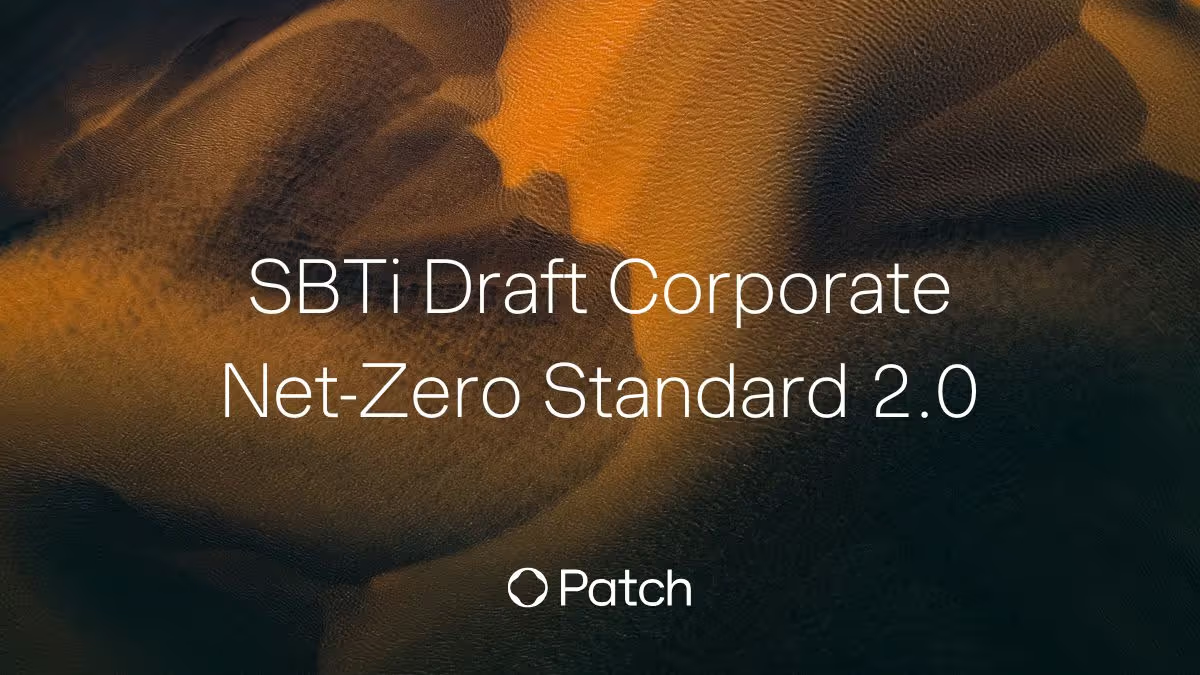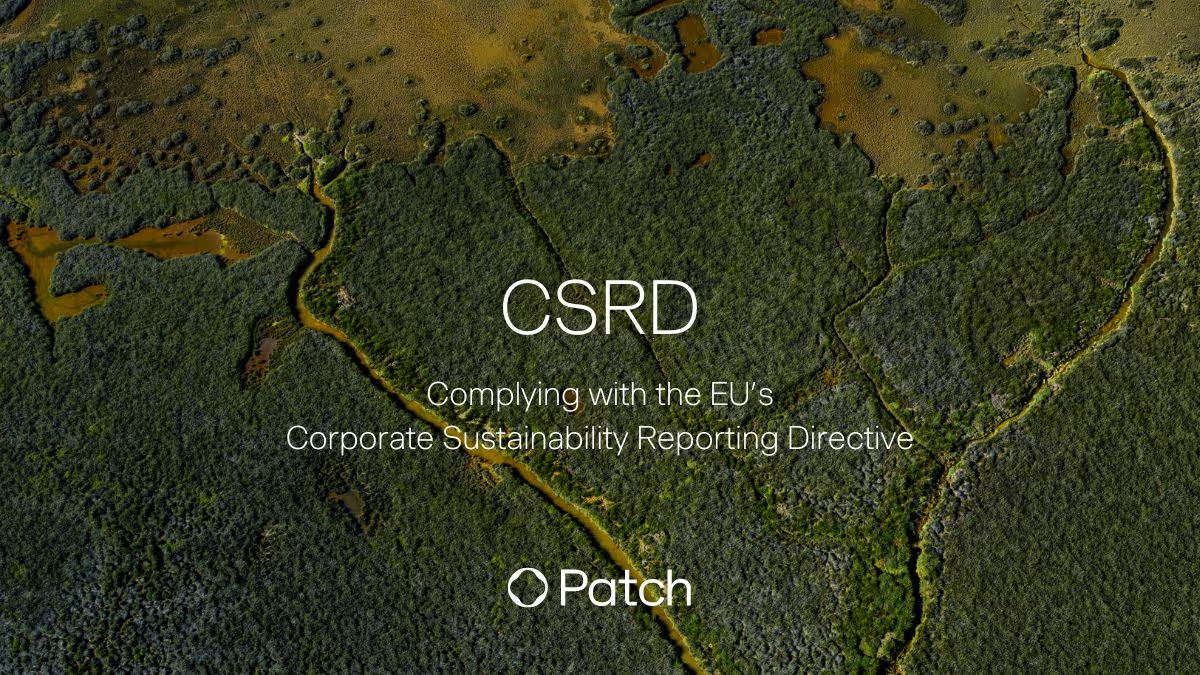After an eventful two weeks, COP28 wrapped up on Tuesday. Here, we offer a carbon market perspective on the outcomes of this year’s COP: what was discussed, what was missing, and how climate leaders are approaching carbon markets as we head into 2024.
No agreement on Article 6 operationalization, but countries move forward anyway
Prior to COP28, we said that we were eagerly awaiting clarity on the mechanization of Article 6 of the Paris Agreement, which governs international carbon credits. Unfortunately, despite lots of discussion, no agreement was reached on Article 6 operationalization.
The question now is whether a lack of agreement will actually hinder implementation. Many market actors are already engaging in Article 6 agreements and transactions. We’ve seen country-to-country agreements on ITMOs (Internationally Transferred Mitigation Outcomes — a specific type of carbon credit), host authorization agreements signed by countries, and even Gold Standard issuing authorized credits. We expect most countries to continue piloting cross-border agreements in this manner.
It seems as though the absence of a formal agreement may not impede progress; countries appear to be moving ahead despite a lack of final clarity. Governments around the world understand that scaling climate finance is a critical tool in the net zero transition, and are unwilling to wait for official negotiations (which tend to move at a pace inconsistent with the urgency of climate change) to give them the green light.
Market bodies converge on VCM integrity
2023 saw several voluntary carbon market (VCM) bodies release increasingly aligned standards and guidance for buyers and project developers. The ICVCM released its Core Carbon Principles in March, and the VCMI followed with an initial release of its Claims Code of Practice in June, which it later revised in November.
But the beginning of COP28 brought a new announcement of an end-to-end integrity framework for the voluntary carbon market. The framework would bring the SBTi, the GHG Protocol, the We Mean Business Coalition, CDP, the ICVCM, and the VCMI together to build a “new, high-integrity chapter for using carbon credits” in the VCM. Critically, the GHG Protocol, the SBTi, and CDP are now acknowledging two parallel tracks:
1. Decarbonizing company operations and supply chains, and
2. Addressing remaining emissions with high-integrity carbon credits.
A short explainer video released online claims that “companies should take responsibility for all of their remaining emissions using verified carbon credits as part of their pathway to net zero.” This is an overwhelmingly positive move and should be seen by corporates as a serious signal to consider the VCM as a credible tool for achieving their climate commitments and contributions.
The proposed framework saw a fast follow from crediting bodies, with the ACR, ART, CAR, GCC, Gold Standard, and Verra releasing a collaboration announcement and pledging to work more closely together to improve transparency and alignment in the VCM. Several NGOs and alliance groups also released a joint statement calling for better integrity standards for the VCM.
Despite the widespread support and the positive market signals this collaboration brings, it’s critical that we get clear on the specifics of how exactly this new integrity process will work. The VCM is one of the best mechanisms we have for making immediate and grassroots climate impact, and we hope to see these much-needed market developments happen with a similar urgency and clarity.
New energy for the VCM in the private sector
The early events of 2023 had many buyers skeptical of the future of the VCM, but as the year draws to a close, it seems that the private sector is more energized than ever about the climate impact they can make through high-integrity carbon credits.
New, high-profile entrants to the market, like DeepSky, have brought renewed attention and enthusiasm to the VCM’s climate mitigation potential. Yet buyers are still understandably hesitant to deploy significant capital without strong reassurance (and ideally, regulation) from governments on integrity to ensure their climate investments are not branded as greenwashing. Government support of the voluntary market could take any number of forms. For example, many of the companies we spoke to were supportive of governments endorsing the VCMI’s Claims Code.
The VCM marches on
While the actual events of COP28 may not have resulted in material progress for carbon markets, we believe the conference provided important momentum around what’s required to push the market forward. We see a sense of renewed commitment and enthusiasm for the VCM, which we hope will translate to tangible increases in integrity and transparency, and an increase in funding flowing to much-needed climate solutions.
The sentiment we’re feeling now is one of hope and also one of action (at an appropriate speed). It’s an approach the private sector and the VCM is known for — and we believe it’s here to stay.

.avif)




